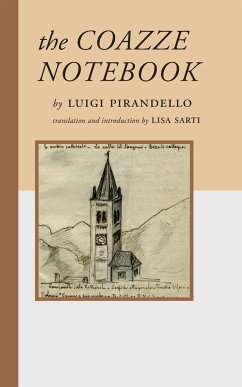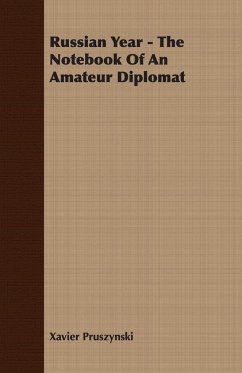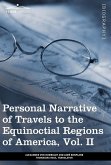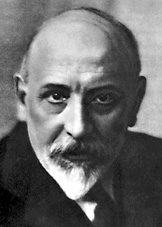"During his sojourn, the Maestro kept a notebook in which he recorded everything that caught his eye, from the natives' peculiar manners and dialect to the fast-changing scenery on his walks along picturesque trails. These notes and impressions gave way to poems, illustrations, and storylines, all merging into a seemingly experimental text encompassing graphic art, fiction, and autobiography. The Coazze Notebook, as it came to be known, is a compendium of literary criticism, illuminating and emotionally charged personal reflections, vernacular expressions, and sharply observed geographical descriptions. The notes are fragmentary, and occasionally embellished, but they shed light on Pirandello's mode of thought and, in particular, how the ideas he gathered from real life were incorporated into his writing." -From the Introduction by Lisa Sarti
Hinweis: Dieser Artikel kann nur an eine deutsche Lieferadresse ausgeliefert werden.
Hinweis: Dieser Artikel kann nur an eine deutsche Lieferadresse ausgeliefert werden.









